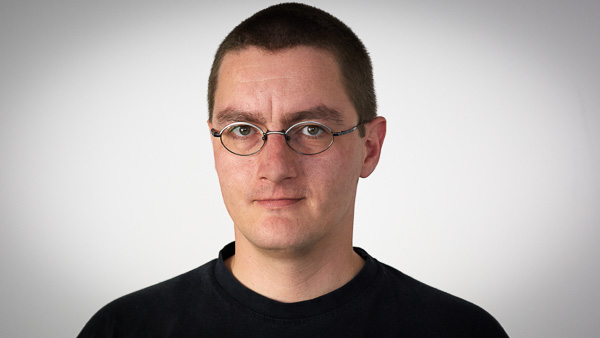Social Networks, Functional Differentiation of Society, and Data Protection
| Author: | Pohle, J. |
| Published in: | arXiv, 1206.3027 |
| Year: | 2012 |
| Type: | Academic articles |
Most scholars, politicians, and activists are following individualistic theories of privacy and data protection. In contrast, some of the pioneers of the data protection legislation in Germany like Adalbert Podlech, Paul J. Müller, and Ulrich Dammann used a systems theory approach. Following Niklas Luhmann, the aim of data protection is maintaining the functional differentiation of society against the threats posed by the possibilities of modern information processing, and countering undue information power by organized social players. It could be, therefore, no surprise that the first data protection law in the German state of Hesse contained rules to protect the individual as well as the balance of power between the legislative and the executive body of the state. Social networks like Facebook or Google+ do not only endanger their users by exposing them to other users or the public. They constitute, first and foremost, a threat to society as a whole by collecting information about individuals, groups, and organizations from different social systems and combining them in a centralized data bank. They transgress the boundaries between social systems that act as a shield against total visibility and transparency of the individual and protect the freedom and the autonomy of the people. Without enforcing structural limitations on the organizational use of collected data by the social network itself or the company behind it, social networks pose the worst totalitarian peril for western societies since the fall of the Soviet Union.
| Visit publication |

Connected HIIG researchers
Jörg Pohle, Dr.
- Open Access
- Transdisciplinary

